News + Media
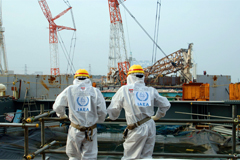 |
News@E40March 17, 2011At Starr Forum, MIT experts assess Japan's crisisWhile the ongoing problems with the Fukushima Daiichi nuclear power plant remain extremely serious, in its overall emergency response for people affected by Friday's earthquake and subsequent tsunami, "the government has learned and benefitted from the mistakes of the past," said Richard Samuels, Ford International Professor of Political Science at MIT and director of the Center. Samuels noted that 100,000 troops have been mobilized for the larger relief effort. Read more. |
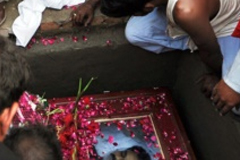 |
In the NewsMarch 16, 2011A eulogy for PakistanChristian CarylRadio Free Europe/Radio LibertyLast week Outpost had the honor of attending a memorial service for Shahbaz Bhatti at the Embassy of Pakistan here in Washington, D.C.. As you may recall, Bhatti -- the minorities minister in the current government of Prime Minister Yousaf Raza Gilani -- was shot on his way to work in Islamabad on March 2. |
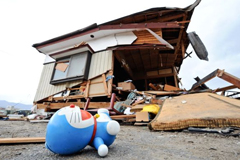 |
In the NewsMarch 16, 2011Japan's black swanRobert Madsen, Richard SamuelsForeign PolicyThe earthquake changed everything. What will Tokyo do next? |
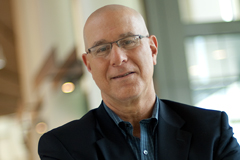 |
In the NewsMarch 15, 2011Why Japan relies on nuclear powerWayne DrashCNNJapan has more than 50 nuclear power plants and had planned to build two dozen more by 2030, according to a professor who has written on Japanese energy and security policy. |
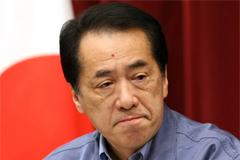 |
In the NewsMarch 15, 2011Leaks in all the wrong placesChristian CarylForeign PolicyWhy the Japanese public has good reason to distrust official information. |
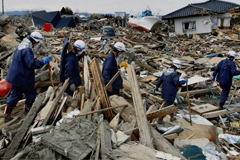 |
In the NewsMarch 13, 2011Japan disaster may have global economic impactNPRJapan's economy — like much of the world — was already facing serious challenges before the earthquake struck. Economist Robert Madsen, a senior fellow at MIT's Center for International Studies, discusses the effects of the disaster in Japan on the economy there and around the globe. |
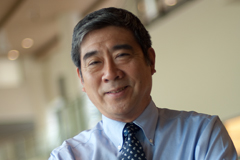 |
News@E40March 11, 2011Oye experiences quake while in TokyoKen Oye, an associate professor at MIT who directs the Center's program on Political Economy & Technology Policy, was in Tokyo with a delegation organized by the US-Japan Council when the earthquake hit. "It was a quite strong sense of motion," said Oye. But, he said, none of the buildings [in Tokyo] collapsed, which he called a testament to tough building codes and good engineering. Read more. |
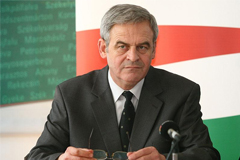 |
In the NewsMarch 2, 2011How dictators fallPeter BeaumontThe GuardianFrom the streets of Bucharest to the slums of Manila, people power invariably wins out in the end. As Libya recovers its voice, foreign affairs editor Peter Beaumont examines the dynamics of bringing down a despot. |
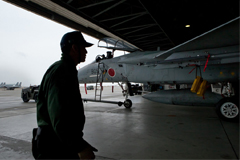 |
In the NewsFebruary 28, 2011With its eye on China, Japan builds up militaryMartin FacklerNew York TimesIn December, Tokyo announced plans to strengthen its forces in the southwestern Okinawan islands, including adding a dozen F-15s in Naha. The increase is part of a broader shift in Japanese defensive stance southward, toward China, that some analysts are calling one of Japan’s biggest changes in postwar military strategy. |
 |
News@E40February 10, 2011MISTI announces Global Seed Funds winnersA project to examine quark-gluon plasma and a study of computationally optimized photovoltaics are among the 46 international faculty research collaborations that will receive more than $900,000 from the 2010-2011 MISTI Global Seed Funds competition. Now in its third year, this growing initiative received 112 proposals, up from the 104 received for the inaugural 2008-2009 grant round. All awardees include undergraduate, graduate or postdoctoral student participation. Read more. |
